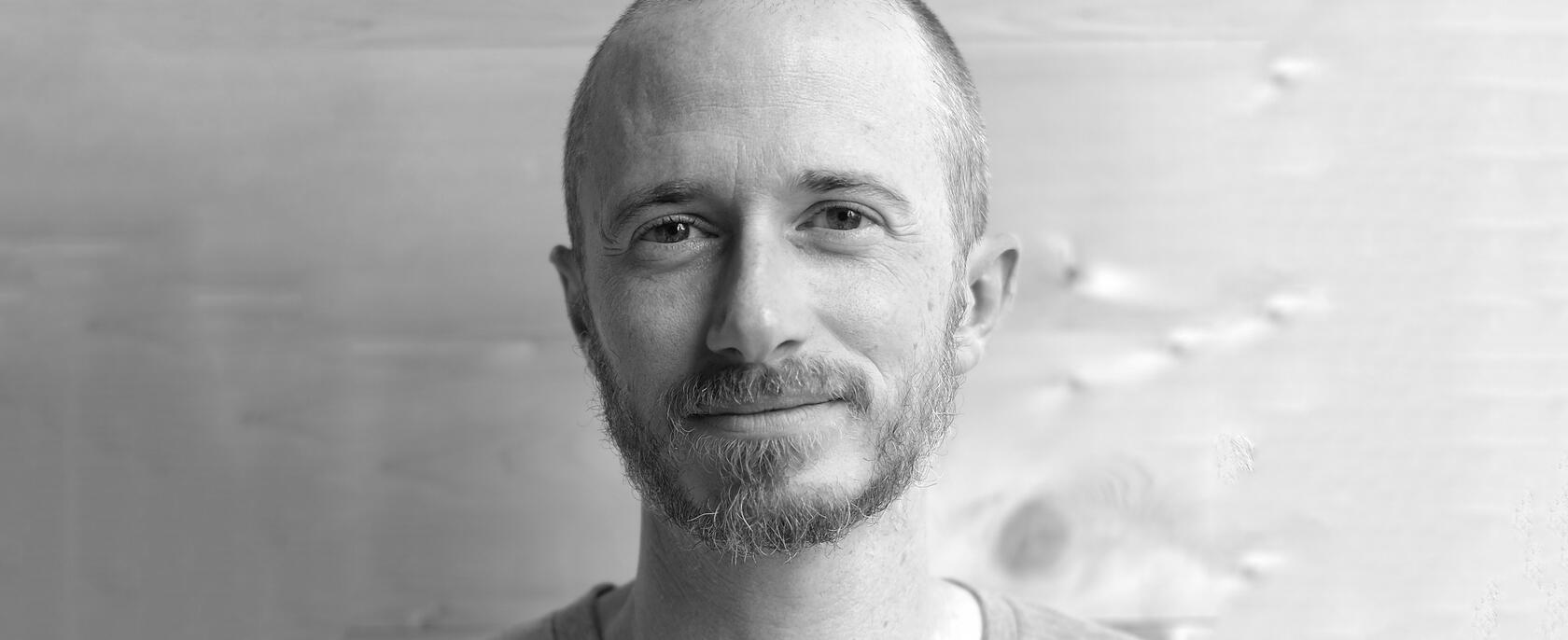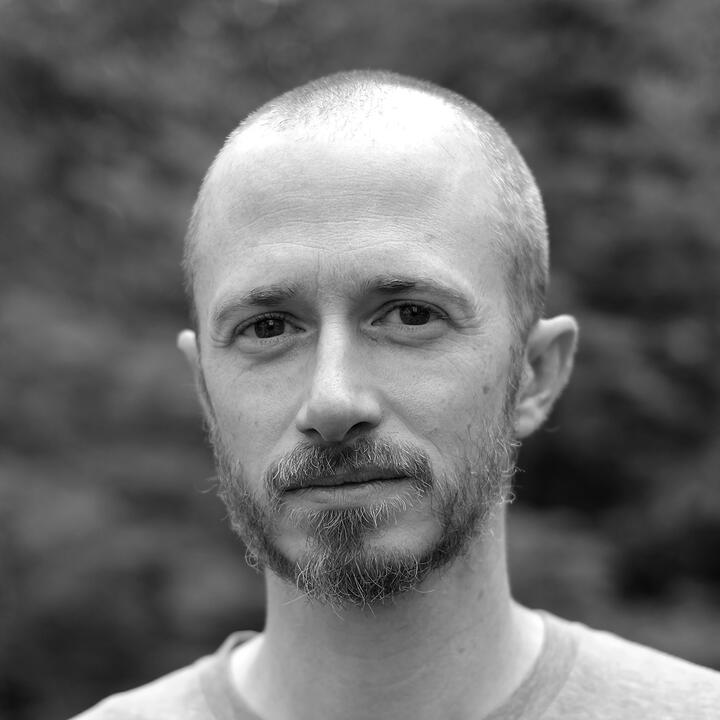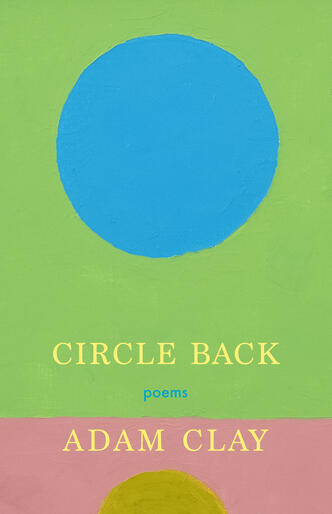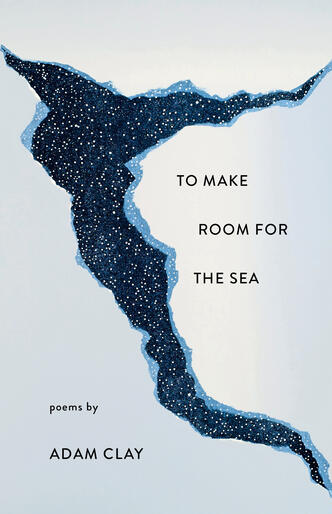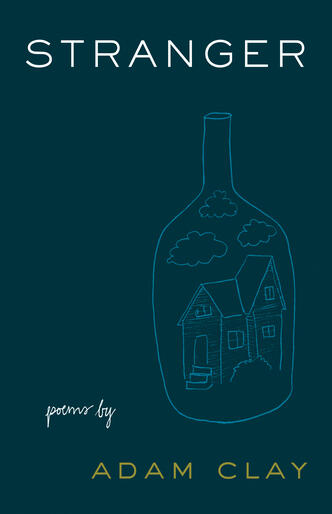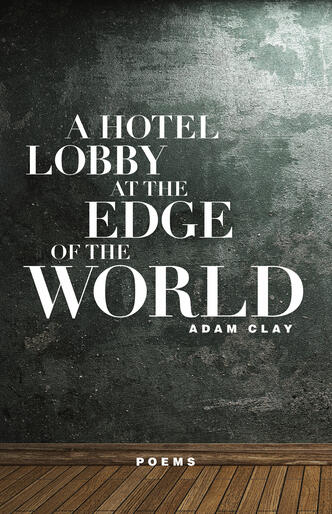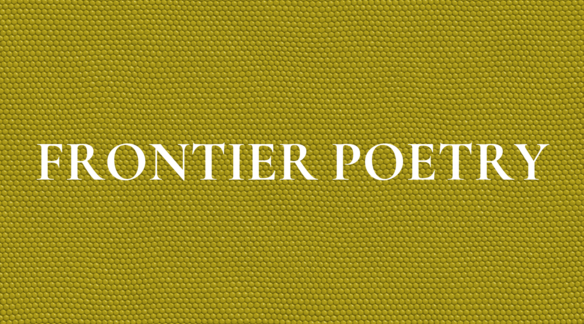Adam Clay is the author of five collections of poems: Circle Back, To Make Room for the Sea, Stranger, A Hotel Lobby at the Edge of the World, and The Wash. His work has appeared in Boston Review, Ploughshares, Cincinnati Review, jubilat, Georgia Review, and elsewhere. A recipient of a Literary Arts Fellowship from the Mississippi Arts Commission, he teaches at the University of Southern Mississippi and edits Mississippi Review.
Like this author? Sign up for occasional updates
Books by Adam Clay
An aching meditation on the cyclical nature of grief and memory’s limited capacity to preserve everything time takes from us.
To Make Room for the Sea reckons with the notion that nothing in this world is permanent.
Elegant and contemplative, these poems explore what it means for our lives to change—dwelling on the moments decisions are made, from a move to a new job to the birth of a child, and the repercussions we grow with afterward. This collection stares into the heart of transition and finds wisdom there.
These haunting and crystalline poems examine the moment when solitude slips into separation, when a person realizes he can barely see the place he set out from, and must make his way back to the present. In this journey, Thoreau’s “border life” between civilization and wildness is realized in all its possibilities and difficulties.
Related Media
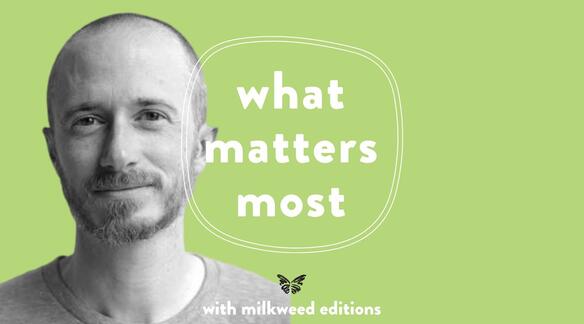
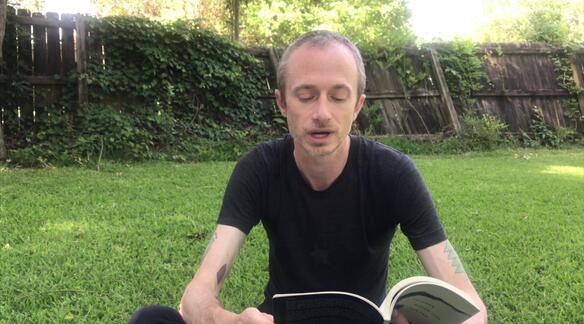
Author Q & A
- Question
Stranger is your third published book of poetry. How have you seen your writing evolve? What can readers expect from this new book?
Ariel Berry, Third CoastAnswerI’ve tried to do different things in all of my books. With The Wash, my first collection, the personal was embedded deeply within persona—in many ways, I felt strange bringing the personal into my work unless it was explored through other voices. I suppose it felt strange to use the “I” as myself because I felt young and as if I lacked life experience. What, after all, could I offer? I was also working against the Southern tradition of narrative/story-telling I had explored as an undergraduate in Mississippi—I wanted to consider more lyrical work, alongside formal poems. It just felt like it was time to do something new. In my second collection, A Hotel Lobby at the Edge of the World, there was a definite shift from this hidden personal voice to a more direct use of “I” as myself as poet within the book. The poems in this second book were deeply influenced by the work of Larry Levis in terms of line and form, but I also wanted a more narrative approach as well. I’m not sure how or why I shifted to a more personal voice. In some ways I returned to the narrative tradition because of my time in the Midwest—it felt like I had to write about what I was seeing around me. For my third book, I made a conscious effort to write longer poems to explore this form and what it might allow. The new book is a deeply personal book, and writing longer poems led me to explore poetry as a subject matter, along with notions of a shifting identity, domesticity, and the political, as well. [Read more on Third Coast.]
You Might Enjoy
What Matters Most | Ep. 1 Adam Clay
Note: To view the closed captions, click the YouTube logo in the bottom right corner to view the video on…
In Person: Sean Hill appearing at the Wisconsin Book Festival
Join Sean Hill at the Wisconsin Book Festival as he moderates a discussion with Kimberly Blaeser, author of Ancient Light.
